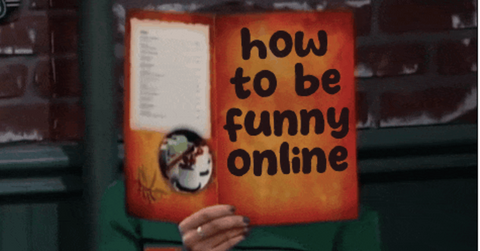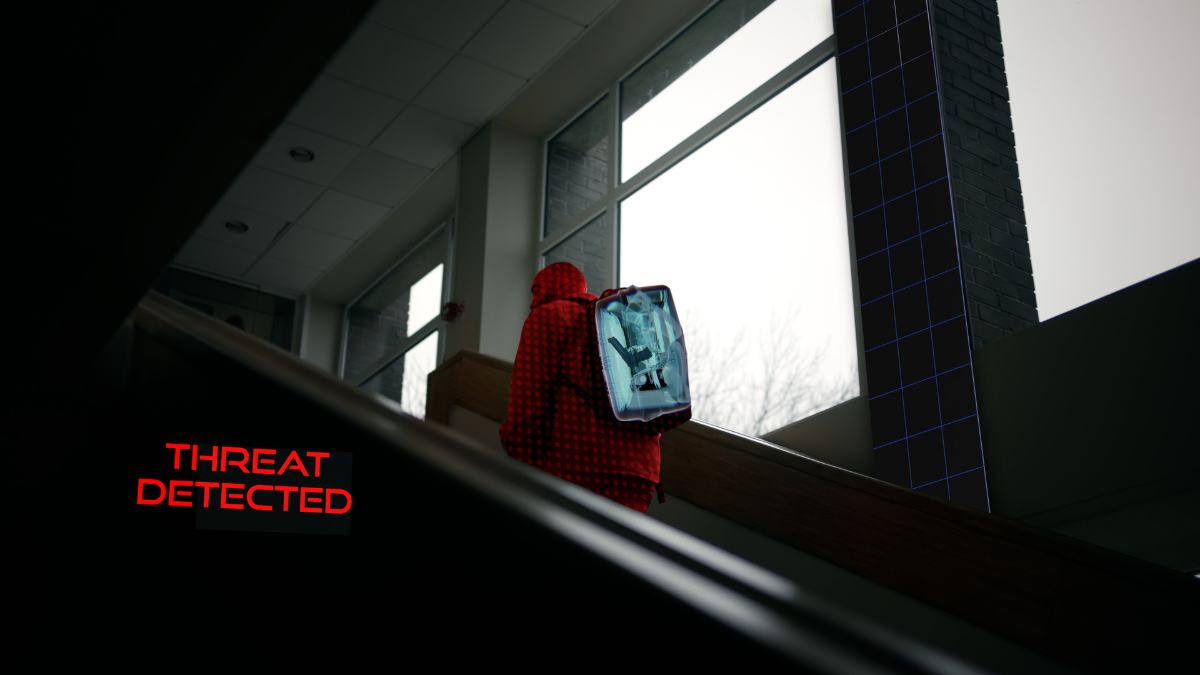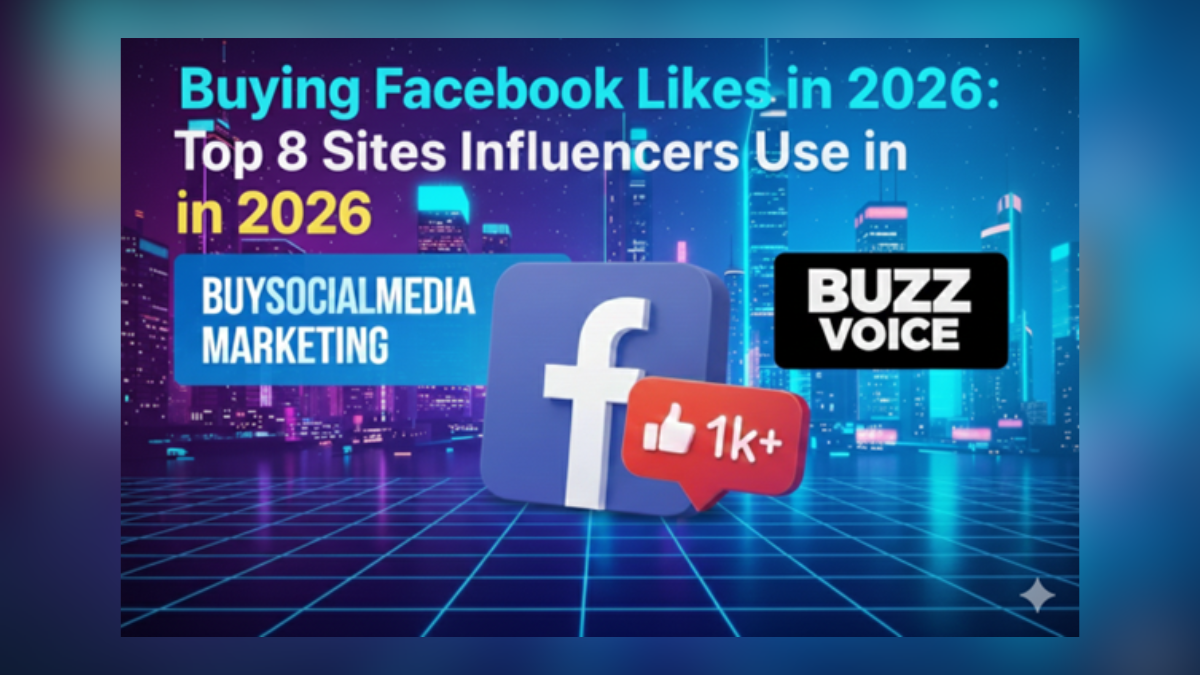Laugh It Up: Memes And The Future Of Comedy

March 22 2023, Published 3:23 p.m. ET
Nobody is entirely sure when comedy first emerged as a branch of the entertainment industry. Historians studying ancient Egyptian papyrus suggest it probably arose on the banks of the Nile some 2,600 years before the birth of christ.
Those early jokes – whose nuance has sadly been lost to the sands of time – are said to have been mostly about politics, drunken behavior, and colorful sexual misadventures.
Not much has changed then. So how is comedy evolving nowadays? What is the current state of comedy? And how are powerful, intuitive new tools for making jokes like Memix changing the way we make each other laugh?
Jokes have always been with us, from those drunken, sexually-adventurous Egyptians, through to the ancient Mesopotamians – who were, it turns out, particularly keen on fart jokes, or at least so historians tell us.
Almost half of all Shakespeare’s plays were comedies, apparently, not that his jokes go down particularly well with modern audiences. Maybe you had to be there.
It’s worth dwelling on Shakespeare, because what’s important about his jokes is not the impenetrable humor. It’s the fact that his plays were a major part of the entertainment industry of his time. They were a vehicle for jokes.
As the entertainment industry evolved, so did the manner in which we consume jokes. The development of widespread newsprint after the development of the printing press led to the birth of the modern political cartoon.
Stand-up, as we understand it today, evolved from the American vaudeville tradition. Comedians would stand up in front of the stage curtains, telling gags essentially to buy time as sets were hurriedly shunted around behind them in time for the next skit.
With the advent of the movies, big stars like Charlie Chaplin and Buster Keaton made vast fortunes and influenced generations of humorists with their distinctive blend of silent pratfall and slapstick.
The jokes don’t stand up too well today – but what’s important to bear in mind is how the technological method of delivery evolves. The interesting question isn’t ‘what is the joke?’ but instead ‘how is the joke being delivered?’
The mass-adoption of television from the mid-20th century onwards created a veritable fountain of fresh memes – although nobody would actually start calling them memes until decades later.
With everybody suddenly able to watch the same shows from the comfort of their home, silly catchphrases created by TV script writers spread like wildfire throughout the population.
Think of Fred Flinstone’s ‘Yabba-dabba-doo!’, ‘Oh my god, they killed Kenny!’ from early South Park, or Donald Trump’s immortal ‘You’re Fired!’ from the significant stint he spent as the star of reality show The Apprentice.
Of course, no meme – or catchphrase – dreamed up during this golden age of sitcoms and mass-market commercial TV would prove any match for the colossal revolution about to happen in comedy, thanks to the power of memes.
Opinion is divided on what constitutes the first internet meme. The dancing baby is a fairly legit candidate. It had a website, that you could link to and distribute over email – no social media in those days, kids.
TV writers, perhaps sensing the power of this new rival to their comic hegemony, tried to integrate the dancing baby onto their shows, most notably wisecracking Boston legal sitcom Ally McBeal.
As the millennium turned and the big social networks emerged, memes quickly became ubiquitous. So much so that they’ve gone on to change the course of history itself.
It’s reasonably well established that Donald Trump (him again) became president thanks to a little bit of help from his meme magicians around the world.
Businesses and marketers seem to share his belief in the power of memes, hiring their very own meme-lords to act as their voices on social media – think about Wendy’s fast food chain as the gold-standard example of this phenomenon in action.
How did this happen?
In her insightful book, The Language of Jokes in the Digital Age, Delia Chiaro suggests a profound shift from ‘slow humor’ to ‘fast humor’. The idea is that we live in a fast moving, online world that quickly grows tired of yesterday’s news.

Political cartoons referencing week-old news simply don’t cut it anymore.
Studies even go so far as to suggest humorous memes can help dislodge powerful dictators and bring about meaningful political change to the downtrodden.
Another study has revealed that, since the advent of memes – especially since anybody can now easily make their own dank comedy memes today on Memix.com – the average length of jokes had shortened from about 60 words last century, to about ten words today.
Does keeping it short make jokes work better? Well, as Shakespeare himself famously wrote: ‘brevity is the soul of wit.’


